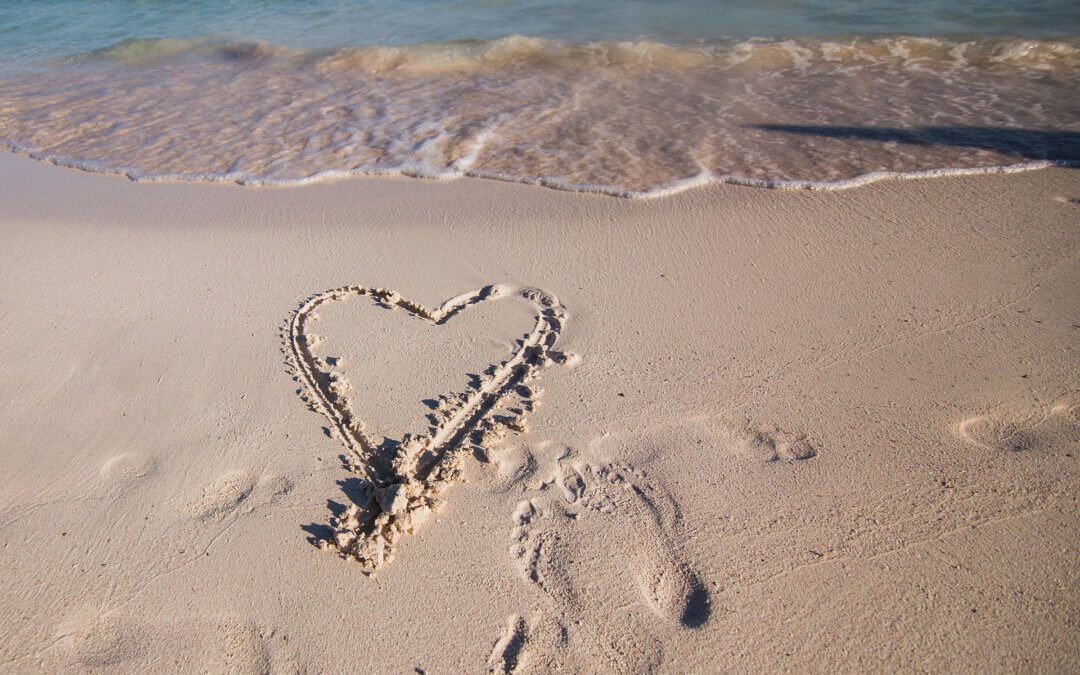|
The role of Parasympathetic Nervous System in healing Our autonomic nervous system has two components, the sympathetic nervous system and the parasympathetic nervous system, which both function unconsciously. The sympathetic nervous system (SNS) is associated with the flight-or-fight response, or the stress response. When we experience fear or distress, the brain communicates with the rest of the body to release hormones, stress chemicals known as adrenaline and cortisol. These chemicals are responsible for increased heart rate, increased blood pressure, tremors, changes to breathing, and can increase stamina and strength for short periods. The parasympathetic nervous system (PNS) also known as the ‘rest and digest’ system, is associated with relaxation, lowered blood pressure, conserving energy as heart rate slows, regeneration and increased intestinal and gland activity-promoting digestion. In an ideal world these two actions would function between a healthy rhythm of alertness and restfulness. Unfortunately many people today are experiencing chronic stress of some type, which interferes with this natural balance. Ongoing stress is associated with constant activation of the SNS which can contribute to many chronic diseases, such as high blood pressure, brain changes that can induce anxiety, depression and addiction, blood sugar imbalances, obesity, digestive disturbances and suppressed immunity. How can Reflexology help restore the parasympathetic nervous system? Reflexologists are trained to help balance the body-mind through stimulation of pressure points, called reflexes on the feet and hands. The treatment induces deep relaxation and can work very specifically to help the body heal itself. It promotes natural equilibrium in every gland, tissue, muscle, organ and cell in the body. Clients will often seek Reflexology to help with common ailments, such as musculoskeletal pain, insomnia, hormonal or digestive issues. In many cases they will see their symptoms improve or disappear, and by that time, they have discovered how deeply relaxing reflexology can be to their whole being. The treatment is appealing to many because of the restorative experience, the treatment invites you into a quiet space and the opportunity to simply be. |
 |
|
The effects of Reflexology are usually felt immediately, but studies have shown that the cumulative effect have the best results. Reflexology treatments are usually offered at weekly intervals over a period of 6-8 weeks. Either way, incorporating this natural therapy into your well-being routine adds many wonderful benefits to your week, or month! How else can we support our body and restore balance? Reduce stress. Removing or reducing any stress that we have control over, and exploring ways of reducing reactions to those we can’t. Mindfulness. Cultivating a mindfulness practice, including meditation, involves bringing more awareness to the present moment and the world around us. It’s commonly used for relaxation and stress reduction, and can create new perspectives, increase self awareness and increase patience and tolerance. Yoga. Particularly restorative yoga practice which focuses on mind-body relaxation. Usually practiced at slow pace, stillness and deep breathing. Breathwork. Breathwork can be a really powerful tool when it comes to activating the parasympathetic nervous system. A large Japanese study showed that six or more deep belly breaths created state change, including lowered blood pressure, decreased heart rate, reduced anxiety and depression and promotes emotional well-being. Why not try it right now? Exercise. Movement of any type has a positive impact on stress, particularly outdoors. Start where you are, even if that involves chair exercises or a gentle five minute walk. Studies have shown that being calm in nature, whilst breathing deeply can help to de-stress, and boost health and well-being in a natural way. Nutrition. Digestive health is at the core of good health and vitality. Everything starts from the stomach-what we eat plays a pivotal role in our day to day mood and well-being. Please don’t hesitate to get in touch. |
